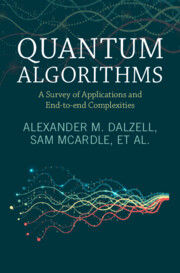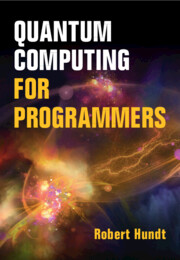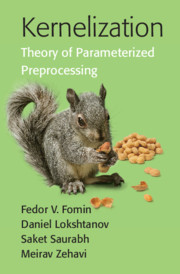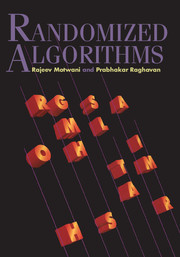Quantum Algorithms
The 1994 discovery of Shor's quantum algorithm for integer factorization—an important practical problem in the area of cryptography—demonstrated quantum computing's potential for real-world impact. Since then, researchers have worked intensively to expand the list of practical problems that quantum algorithms can solve effectively. This book surveys the fruits of this effort, covering proposed quantum algorithms for concrete problems in many application areas, including quantum chemistry, optimization, finance, and machine learning. For each quantum algorithm considered, the book clearly states the problem being solved and the full computational complexity of the procedure, making sure to account for the contribution from all the underlying primitive ingredients. Separately, the book provides a detailed, independent summary of the most common algorithmic primitives. It has a modular, encyclopedic format to facilitate navigation of the material and to provide a quick reference for designers of quantum algorithms and quantum computing researchers.
- Bridges the disconnect between the theoretical analysis of quantum algorithmic primitives and their real-world application domains
- Distills three decades of research into an encyclopedic reference
- This book is also available as open access
Reviews & endorsements
'This timely and forward-looking survey captures the state-of-the-art in quantum computing. Focusing on cutting-edge applications and recent advances in quantum primitives, it serves as an essential resource for understanding the rapidly evolving role of quantum algorithms in scientific discovery.' Lin Lin, University of California, Berkeley
Product details
April 2025Hardback
9781009639644
433 pages
229 × 152 × 24 mm
0.809kg
Available
Table of Contents
- Part I. Areas of Application:
- 1. Condensed matter physics
- 2. Quantum chemistry
- 3. Nuclear and particle physics
- 4. Combinatorial optimization
- 5. Continuous optimization
- 6. Cryptanalysis
- 7. Solving differential equations
- 8. Finance
- 9. Machine learning with classical data
- Part II. Quantum Algorithmic Primitives:
- 10. Quantum linear algebra
- 11. Hamiltonian simulation
- 12. Quantum Fourier transform
- 13. Quantum phase estimation
- 14. Amplitude amplification and estimation
- 15. Gibbs sampling
- 16. Quantum adiabatic algorithm
- 17. Loading classical data
- 18. Quantum linear system solvers
- 19. Quantum gradient estimation
- 20. Variational quantum algorithms
- 21. Quantum tomography
- 22. Quantum interior point methods
- 23. Multiplicative weights update method
- 24. Approximate tensor network contraction
- Part III. Fault-Tolerant Quantum Computing:
- 25. Basics of fault tolerance
- 26. Quantum error correction with the surface code
- 27. Logical gates with the surface code
- Appendix
- References
- Index.







